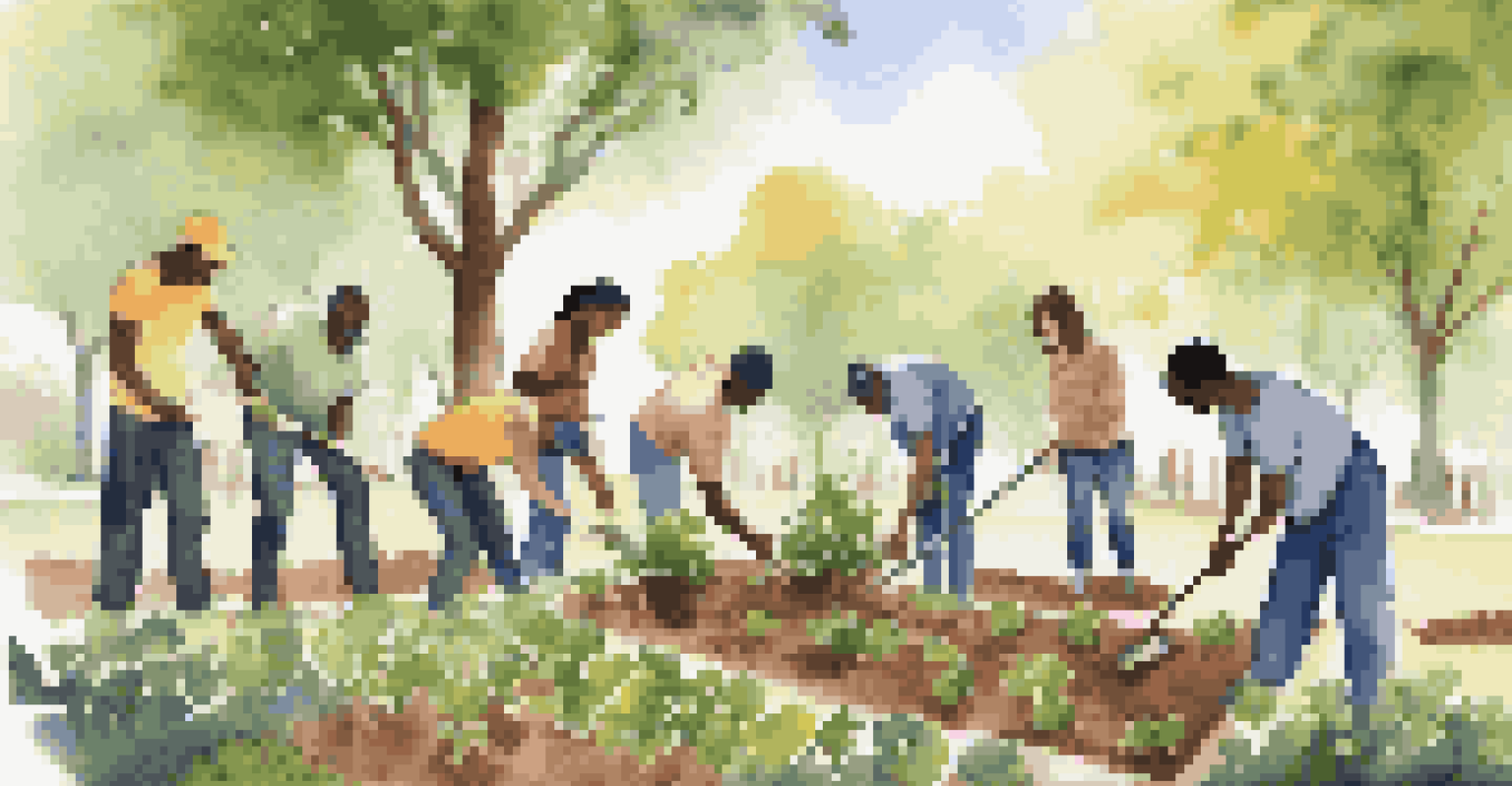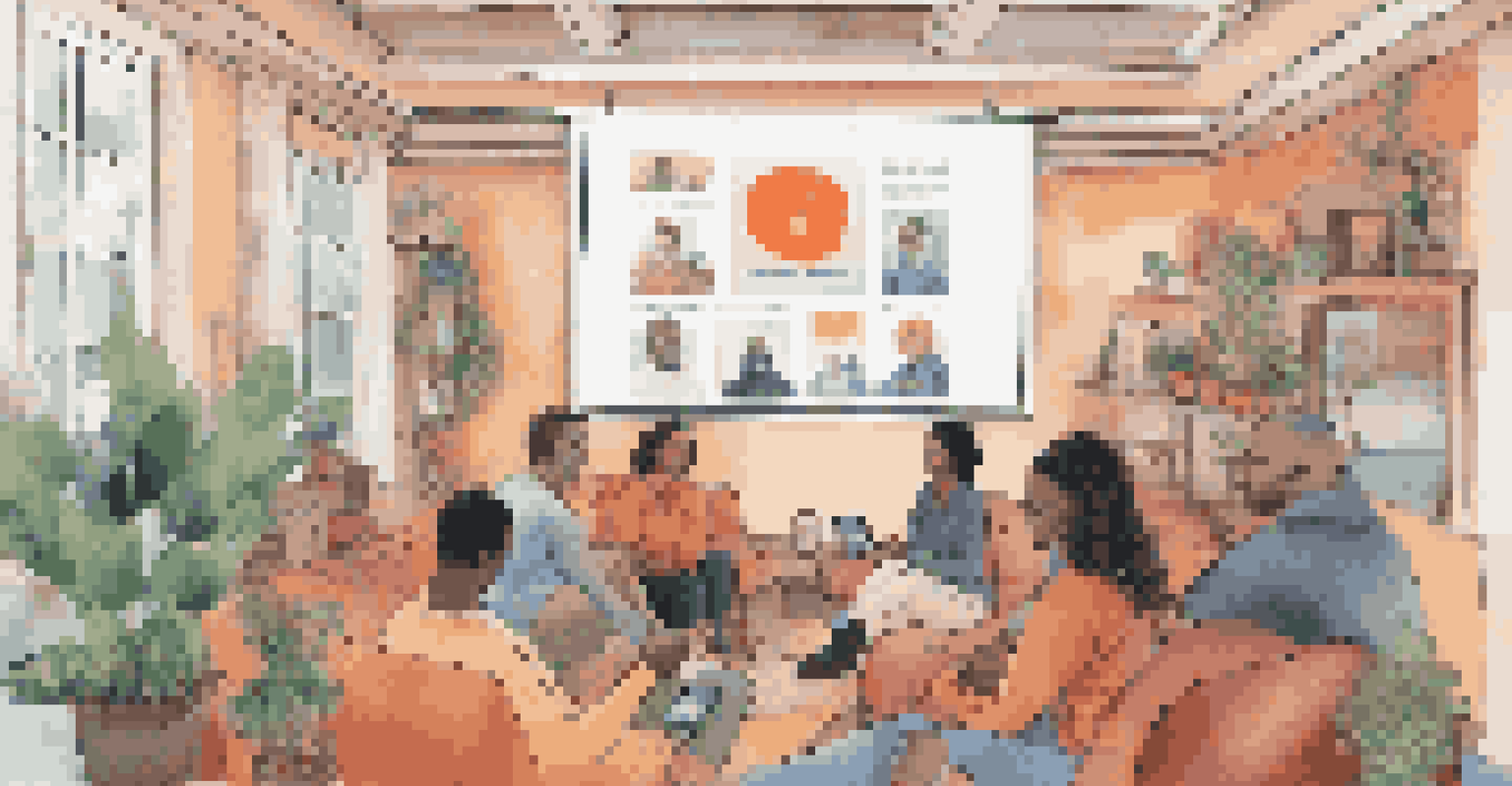Social Learning Theory: Implications for Global Citizenship

What is Social Learning Theory and Its Origins?
Social Learning Theory (SLT), developed by Albert Bandura, emphasizes the importance of observing and modeling the behaviors, attitudes, and emotional reactions of others. Unlike traditional learning theories that focus solely on direct reinforcement, SLT suggests that people can learn through observation even without direct experience. This theory has its roots in behaviorism but adds a social dimension that acknowledges the influence of social interactions.
I am not a teacher, but an awakener.
For example, think of a child learning to tie their shoes. They watch a parent or older sibling demonstrate the process, picking up cues and techniques through observation. This not only highlights the role of modeling but also illustrates how learning can occur in a social context, paving the way for broader applications in understanding global citizenship.
In the context of global citizenship, SLT helps us understand how individuals can adopt values and behaviors that promote social responsibility and community engagement by observing and interacting with others who embody these traits.
The Role of Observation in Learning Global Citizenship
Observation plays a crucial role in how we learn to be engaged global citizens. When we see individuals or organizations advocating for social justice, environmental sustainability, or cultural awareness, we are more likely to adopt similar values and actions. This observational learning can occur through various channels, including media, social networks, and community initiatives.

For instance, consider the impact of social media campaigns that highlight global issues like climate change or refugee rights. By witnessing others' passionate advocacy, observers may feel inspired to take action themselves, whether by volunteering, donating, or simply spreading awareness. This ripple effect is a testament to the power of social learning in shaping collective behavior.
Learning Through Observation
Social Learning Theory highlights that individuals can acquire values and behaviors by observing others, especially in the context of global citizenship.
Thus, the more we expose ourselves to diverse perspectives and initiatives, the more opportunities we create for ourselves and others to learn and embrace global citizenship principles.
Modeling Behavior: Influencing Future Generations
Modeling behavior is a key component of SLT, particularly when it comes to influencing younger generations. Adults and mentors who actively demonstrate global citizenship behaviors—such as tolerance, empathy, and social activism—serve as powerful role models. Children and young adults are likely to replicate these behaviors they observe in their environment.
The best way to find yourself is to lose yourself in the service of others.
For example, a teacher who incorporates global issues into their curriculum and encourages students to engage in community service can inspire a lifelong commitment to civic responsibility. By showcasing these values in action, they create a learning environment where students feel empowered to make a difference.
Ultimately, the behaviors we model today can shape the attitudes and actions of future generations, establishing a cycle of positive engagement and responsibility towards global citizenship.
The Impact of Social Media on Global Citizenship Learning
In today's digital age, social media serves as a powerful tool for social learning and global citizenship. Platforms like Twitter, Instagram, and Facebook enable users to share information, experiences, and advocacy efforts on a global scale. This connectivity fosters a sense of community and shared responsibility among individuals from diverse backgrounds.
Consider how a global movement, such as Fridays for Future, gained momentum through social media. Young activists worldwide shared their stories, strategies, and successes, encouraging others to join the cause. This collective sharing not only promotes awareness but also motivates individuals to take action, highlighting the role of social learning in global citizenship.
Role Models Shape Future Generations
Modeling positive behaviors, such as empathy and social activism, influences younger generations to embrace global citizenship principles.
By leveraging social media for advocacy and education, we can amplify our voices and inspire a broader audience to engage in global issues, thus enhancing the learning experience for all.
Cultural Exchange and Its Role in Social Learning
Cultural exchange is another vital aspect of social learning that enriches our understanding of global citizenship. When individuals from different cultures interact, they share values, norms, and practices that can lead to greater empathy and awareness of global issues. This exchange fosters a more inclusive worldview, essential for responsible global citizens.
For instance, study abroad programs or international volunteer opportunities allow participants to immerse themselves in different cultures, enabling them to learn firsthand about diverse perspectives. Such experiences can profoundly impact attitudes and behaviors towards global issues, promoting a sense of shared responsibility.
As we engage in cultural exchange, we not only learn from one another but also develop the skills necessary to navigate an increasingly interconnected world, making it crucial for fostering global citizenship.
Encouraging Collaborative Learning for Global Change
Collaborative learning plays a significant role in applying social learning theory to global citizenship. When individuals work together on projects addressing local or global issues, they learn from each other's experiences and perspectives. This collaboration not only enhances understanding but also cultivates a sense of community and shared purpose.
For example, community service projects that involve diverse groups can empower participants to tackle social issues collectively. Through these shared experiences, individuals can observe and model behaviors that promote social responsibility and active citizenship, reinforcing the principles of SLT.
Social Media Amplifies Advocacy
Digital platforms serve as powerful tools for social learning, enabling individuals to share experiences and mobilize collective action for global issues.
By fostering environments that encourage collaboration, we can cultivate a culture of global citizenship where individuals are inspired to take action and support one another in creating meaningful change.
Challenges and Considerations in Applying SLT to Global Citizenship
While social learning theory offers valuable insights into global citizenship, several challenges must be considered. One challenge is the variability in access to learning opportunities; not everyone has equal access to information or mentorship, which can hinder the learning process. Additionally, the quality of modeling can vary, with some influences being more positive than others.
For instance, individuals may be exposed to negative role models who promote divisive attitudes or behaviors, which can detract from the ideals of global citizenship. It’s essential to critically evaluate the sources of information and modeling in our environments, ensuring they align with the values we wish to promote.

Addressing these challenges requires a conscious effort to create inclusive learning environments that provide equitable opportunities for all, ultimately strengthening the foundation of global citizenship.